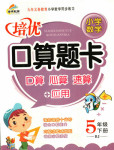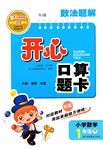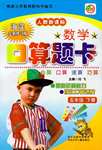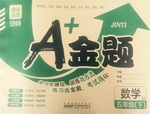题目内容
【题目】He made up his mind to enjoy his guitar and to accumulate as many happy experiences as he could so that when he retired he wound be able to ______his life with satisfaction.
A. get away with B. make up
C. look back on D. put up with
【答案】C
【解析】
试题分析:考查短语。句意是他退休了能用满意的心态去回顾自己。A. get away with 侥幸逃脱 ;B. make up下决心;C. look back on 回顾;D. put up with忍受。故选C

练习册系列答案
 培优口算题卡系列答案
培优口算题卡系列答案 开心口算题卡系列答案
开心口算题卡系列答案 口算题卡河北少年儿童出版社系列答案
口算题卡河北少年儿童出版社系列答案 A加金题 系列答案
A加金题 系列答案
相关题目